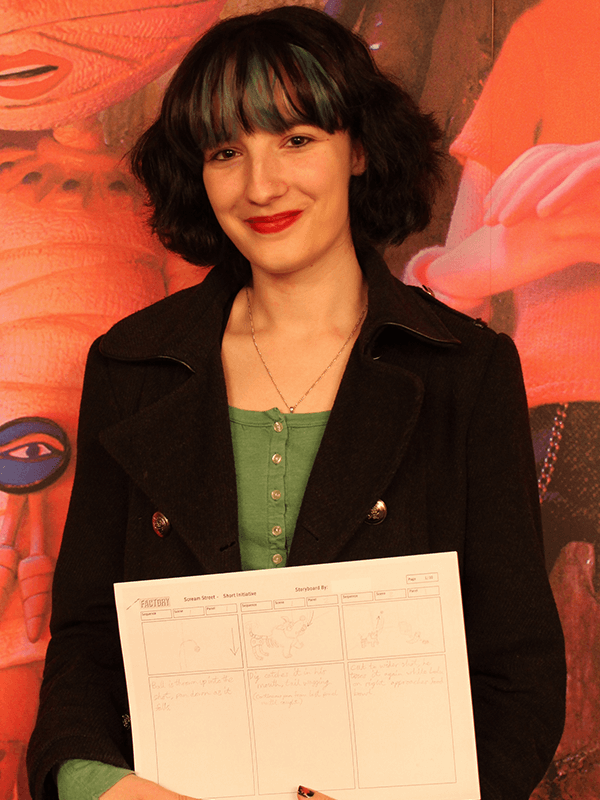Course modules
Foundation Year:
The Creative Industries (Arts, Design, Performance, Media Production) Integrated Foundation Year includes five modules:
Foundations of Art, Design, Performance and Media Production (40 credits)
This module will enable you to become a confident, cultural consumer, exploring fundamental concepts needed for successful study in art, design, performance, and media production courses. A key focus will be consideration of the audience and context for creative practice. You’ll examine a range of themes through the lens of contemporary creative practice, which may include topics such as communication, celebrity, new technology, and identity.
Essential Study Skills (20 credits)
This module supports the development skills and attributes needed for degree level study and graduate employment. This includes searching for information, reviewing evidence, presenting information, and self-analysis to identify strengths and areas for improvement.
Foundation Project (20 credits)
This module supports understanding in a topic area related to your area of study. It also encourages independent and team working with support available from tutors throughout the lifespan of the project.
Practical Numeracy Skills (20 credits)
Explore a range of relevant, real-world concepts and ideas which will help develop confidence and competence in numeracy. The module encourages a critical approach to numerical facts, and topics include interest rates and loans, budgeting, and the use and misuse of statistics and fake news.
Introduction to Creative Practice (20 credits)
This module will give you an introduction to a range of concepts and practical techniques used in contemporary creative practice in art, design, media production, and performance. Workshops will introduce some key technical skills and ideas, including digital production, learning through making, and reflective practice. The process of creativity is a key focus of this module, and you’ll build your own portfolio of work featuring a range of creative outcomes in various styles and media.
Some modules have prerequisites. Read more about what this means in our Help and Advice article.
